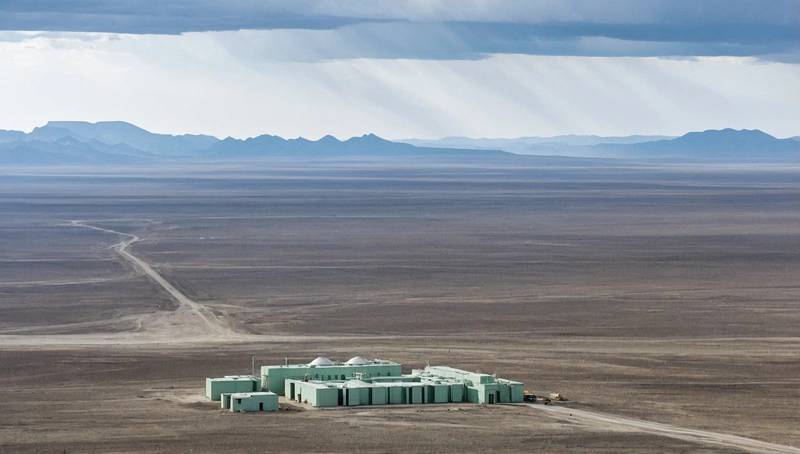French state-owned nuclear fuel company Orano is exploring the sale of its uranium assets in Niger following a significant deterioration in relations with the country’s military government, which seized power in a 2023 coup. This move marks a potential end to Orano’s decades-long presence in Niger, a country that supplies about 20% of France’s natural uranium .

The breakdown in relations has led to a series of confrontations. In June 2024, Niger’s military authorities revoked Orano’s permit for the Imouraren mine, one of the world’s largest uranium deposits, citing delays in development . Later that year, in December, the junta seized control of the Somair mine, where Orano holds a 63.4% stake, effectively stripping the company of operational control .
These actions have been accompanied by legal and financial challenges. Orano has filed international arbitration proceedings against Niger, alleging the arbitrary arrest of its personnel, illegal detention, and confiscation of property . The company also reported that Niger has blocked uranium exports and ceased fulfilling financial obligations, exacerbating the financial strain on its operations .
The potential sale of Orano’s assets in Niger is politically sensitive, given France’s 90% ownership of the company and the strategic importance of uranium for its nuclear energy sector. Reports indicate that Russian and Chinese entities have expressed interest in acquiring these assets, raising concerns about the shifting geopolitical landscape in West Africa .
This situation reflects a broader trend of resource nationalism in the Sahel region, where military-led governments are asserting greater control over natural resources. Countries like Mali and Burkina Faso have also taken steps to renegotiate mining contracts and increase state ownership in the sector .
As Orano navigates these challenges, the outcome will have significant implications for the global uranium supply chain and the geopolitical dynamics of nuclear energy resources.

